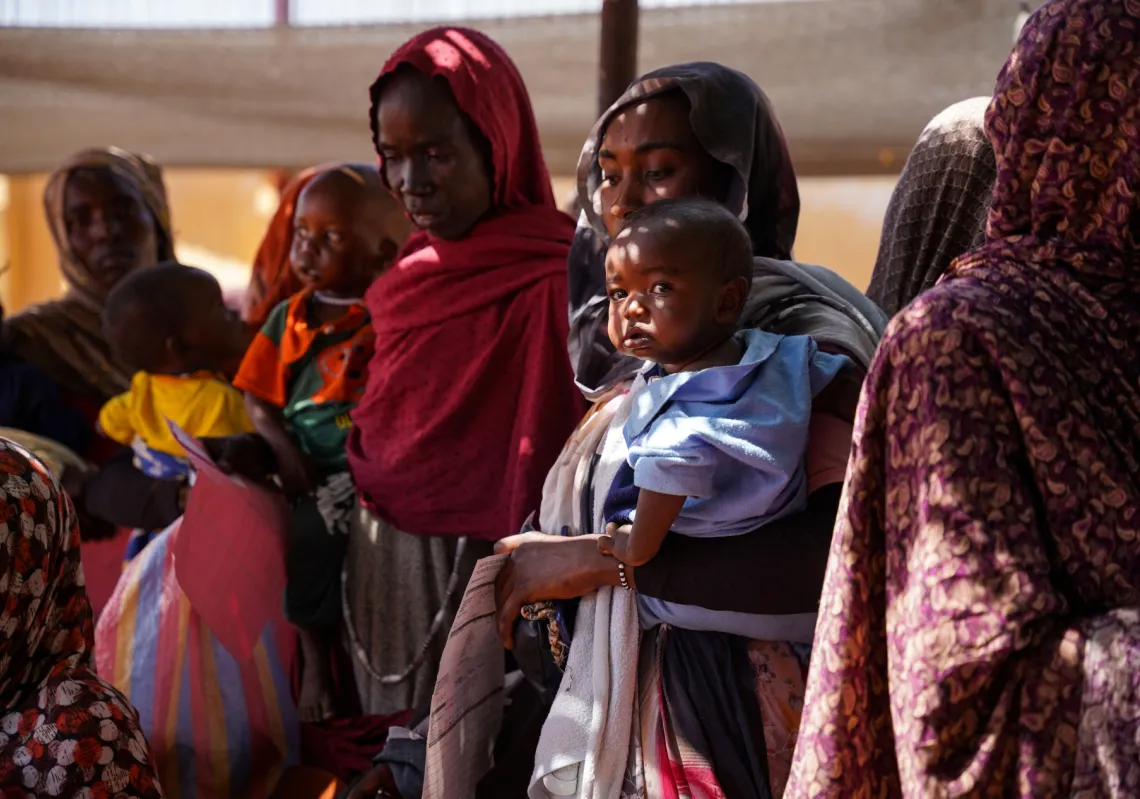There is a tendency in Washington to assume that there is a Washington answer for everything. Americans’ wealth, creativity and accomplishment burnish the idea that every problem has an American solution. The explosion of information in the last two decades has promoted the idea that people in Washington should have a view on all of those solutions. In many ways, the problem starts with Congress. When is the last time someone asked a congressman his or her view on an issue, and the answer was “That isn’t something I care about” or “I have no idea”? The presumption is that everyone in Washington needs to have an idea, and if they can’t come up with one of their own, they should borrow one from someone else.
For six weeks, Washington has been abuzz with talk about what the US government should do about Yemen. Should the US give Yemen more military aid? Should it begin a large-scale economic assistance program? Should it help Yemen establish a governmental reform program, help implement a de-radicalization program, or boost special forces training? Yemen is a weak and poor nation, and the US is a strong and wealthy one. With the right package of assistance, most assume, we can work together on shared goals.
The reality is that the overlap between US and Yemeni goals is narrower than is often supposed. For Yemen’s long-serving president, Ali Abdullah Saleh, al-Qaeda in the Arabian Peninsula is less troubling to him than boiling insurgencies in the North and South of the country, swiftly dwindling oil revenues, a plummeting water table, and massive unemployment. In fact, to some in the leadership, al-Qaeda’s 200-300 followers in the country must seem far less a threat than an opportunity. An increased US military commitment to Yemen pumps weapons and training into the country that can be employed against a wide range of threats that have nothing to do with al-Qaeda.
Yemen has a whole host of problems, and while none of them are insoluble, virtually all of them are insoluble in the short term. US allies—and especially Arab allies from the Gulf Cooperation Council—will have to do much of the lifting here, because the US instinct in this and other conflicts is to make a difference quickly and move on. There are too many troubled nations, and too many emerging challenges, for the US single-mindedly to devote decades to development in any country in the post-Cold War world.
The US’s GCC allies are far better positioned to work Yemeni politics skillfully than the US. These countries understand tribal politics rather than recoil from them, and they are equally comfortable coercing and co-opting recalcitrant participants.
The GCC countries also have deep pockets. In December 2009 the United Arab Emirates announced a $650 million aid package to Yemen, and Saudi Arabia has poured untold millions into the country. Neither country’s expenditures thus far begins to approach their limits, and it may prove far easier to pry money from their coffers than from a US Congress facing annual deficits in excess of $1 trillion.
Also, the GCC states have legitimacy that the US lacks. Few in Yemen will accuse them of being Western interlopers or infidels; they are regional actors. Even more, several ruling families in the Emirates trace their tribal origins to Yemen, creating an intimacy that goes back centuries.
Finally, and most importantly, the GCC states have a truly enduring shared interest in Yemen, and Yemen has a shared interest in them. In the 1980s, more than a million Yemenis worked in Saudi Arabia, doing grueling work in the oilfields and operating small groceries. Saudi Arabia expelled them when the Yemeni government took a benign view of Saddam Hussein’s invasion of Kuwait, and the Yemeni economy has never recovered from the influx of unemployed workers and the massive loss of wages. For years, the GCC states have toyed with the idea of either admitting Yemen to the GCC or giving preference to Yemeni migrant laborers, and this represents a tremendous and enduring incentive for Yemeni action. Should Yemen implode, the GCC states will bear the brunt of the impact.
The US is pouring resources into Yemeni special forces, the coast guard and the border police. In Washington, money is a sign of attention, and after the failed Christmas Day attack, no one in Washington can give the impression they are not paying attention to Yemen. But Washington’s most important task is a relatively cheap one: to help shape and coordinate the actions of the GCC. There is no single GCC state that can lead this charge successfully. Saudi Arabia, which has massive wealth and shares an extensive border with Yemen, is a necessary partner but a troublesome one from a Yemeni perspective. The Saudi government has a long history of intervention in Yemen, from supporting armed anti-government insurgents in the 1960s and 1990s to paying a steady stream of subsidies to allies on the Yemeni side. Suspicions run deep on both sides.
The UAE has neither the expertise nor the manpower to sustain operations in a country with more than twenty-five times its native population. Qatar has demonstrated a persistent interest in negotiating truces in Yemen and elsewhere, but the small country does not have the wherewithal to make those agreements stick. Oman is the poorest of the GCC states, but it shares a border with Yemen and worries openly about Yemen’s problems spilling over.
An effective US role would be a quiet one that helps stoke Arab leadership on this issue, frames problems and responses, facilitates coordination and monitors compliance. Agendas will need to be negotiated and de-conflicted, and the US can play a useful role here too. Quiet US meetings with GCC leaders, all of whom have close relationships with the US, can do a world of good. The GCC-sponsored meeting in Riyadh later this month is a tremendous opportunity to continue to move along the right path. The US needs to apply its muscles, not leave its fingerprints on the efforts.
Dr Jon Alterman – Director and Senior Fellow of the Middle East Program at the Center for Strategic and International Studies, Washington DC







